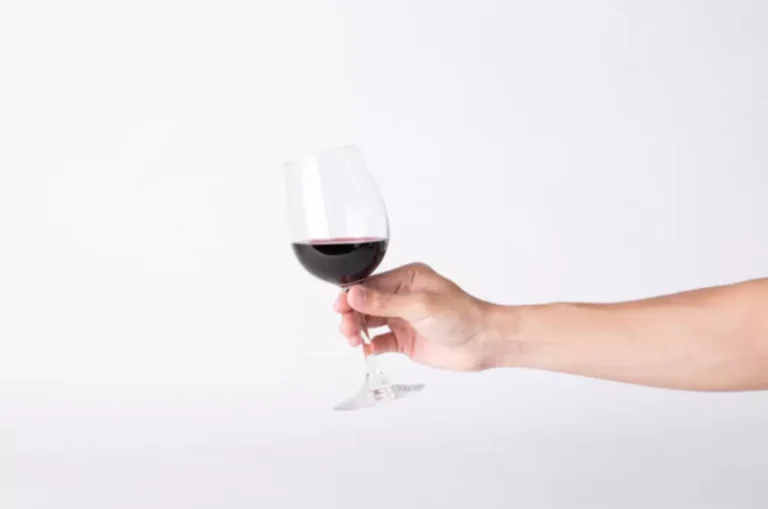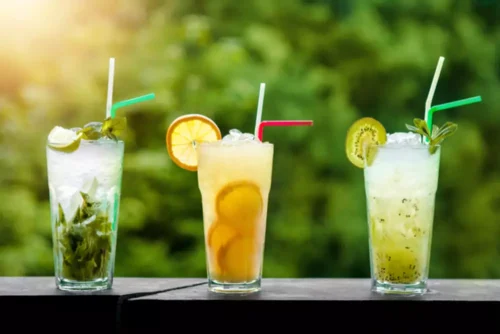How to Stop Alcohol Cravings Handling the Urges to Drink NIAAA
1win Официальный Сайт Букмекерской Конторы 2023 Онлайн Ставки На Спорт%2C Вход В Бк 1вин И
January 30, 2023Türkiye’nin En İyi On-line Bahis Şirket
February 2, 2023
Checking herself into rehab in late 2022, Delevingne knew she was in a bad place and needed help. She embarked on the 12-step program, recognizing that her previous ‘quick-fix’ retreats and courses weren’t cutting it. She knew she needed to address the “nitty-gritty deeper stuff” if she was ever going to be well and sober.
Finding Alcohol Rehab and Treatment
Maybe you’re worried that people will judge you for struggling with drinking. Or maybe you’re worried that they’ll judge you for wanting to quit. The sudden lack of alcohol in your system can send your body into withdrawal, resulting in various symptoms. A doctor can assess whether your body can safely manage the withdrawal process or if you’ll need medical monitoring and assistance. There How to Stop Drinking are many different options and resources that can help you learn how to quit drinking. Just remember that there is no single approach that works for everyone.
11 ways to curb your drinking
He became worried that he had a problem with alcohol, so decided to test himself through February, too. During Jay Shetty’s podcast On Purpose, Holland recalls that he was “really struggling” and felt like he couldn’t be sociable without a drink in his hand. So he made the decision to remain sober for six months, until his birthday on June 1st. Depending on the social network you tend to circulate in, you may encounter either acceptance or skepticism should you let it be known that you, as a couple, have decided to try a sober lifestyle. In fact, you may discover other couples who have decided to pursue a sober lifestyle or who are curious about it.

The 4 Stages of Alcohol Recovery: A Path to Healing
This can lead to a vicious cycle, where we feel so badly about ourselves that we need something to either numb the pain or punish ourselves. And what better option than that very thing we feel like we can’t control? That can create a feedback loop of drinking even more alcohol or giving up entirely on the idea of drinking less. Often, rigid, all-or-nothing goals can set us up for failure, which affects our mental health and future decisions.
- Since withdrawal symptoms tend to ebb and flow, you may be tempted to feel like you’re not making progress ― even though in reality, you’ve come a long way.
- Treatment for alcohol use disorder can vary, depending on your needs.
- We aim to change how you feel about your vaping so that getting free becomes easy, enjoyable and you do not miss anything.
- With a better awareness of their consumption and the effects alcohol may have, a person may be more willing to quit.
Special Health Reports
That said, there are four general stages of recovery, as compiled by addiction expert Steven M. Melemis, MD. These stages can help prevent relapse and support people to live healthier, fuller lives. According to the National Institute on Alcohol Abuse and Alcoholism (NIAAA), recovery is a process that involves remission from AUD and quitting heavy drinking for good. Identifying your ‘triggers’ (situations or places where you’re tempted to drink) is important.
- Here’s some information to help you get ready for your appointment, and what to expect from your health care provider or mental health provider.
- Getting healthier because you want to play with your kids, rather than an external pressure for appearances, makes you more likely to change your habits.
- Similarly, try to identify the times when you would usually drink and fill the gap with something else.
- Recovery can take a long time, so you may need ongoing treatment.
Tell family members and friends you want to get healthier.
Eating nutritious food, exercising, and getting enough sleep can help reduce some withdrawal symptoms, such as mood swings. If don’t have much of an appetite, you may want to take a multivitamin or drink a beverage high in electrolytes, such as a sports drink. If you take prescription medication, continue to take it as directed. In the early stages, it’s a good idea to avoid situations where you may be tempted to drink. This could mean opting out of the weekly pub quiz for a while, or if you tend to drink when eating out, try going to restaurants that don’t sell alcohol or simply volunteer to drive.
How to Stop Drinking: Making a Plan That Works for You
Avoiding the pub is https://ecosoberhouse.com/article/am-i-an-alcoholic-do-i-have-a-drinking-problem/ an obvious one for many people, but remember to think about whether alcohol is still readily available at home too. Maybe you could start writing a shopping list in advance of a trip to the supermarket – if there’s no alcohol on the list, you will be less tempted to buy some. Whether you have a diagnosed mental health disorder or not, therapy is a positive tool for long-term recovery. A therapist can help you uncover key insights regarding your alcohol use and offer tools that will set you up for successful and satisfying long-term recovery. In addition to therapy, support groups, and self-help options, you should consider some of the medications that are available that may improve your chances of quitting alcohol successfully.

You’ll get a 100% custom plan, then use daily texts to track your progress and help you stay on target. When you consider how to go about giving up alcohol, account for factors like how much you drink and your reasons for drinking. Crystal Raypole has previously worked as a writer and editor for GoodTherapy. Her fields of interest include Asian languages and literature, Japanese translation, cooking, natural sciences, sex positivity, and mental health.

If you choose to try it on your own and at any point feel you need more help, then seek support (see Help Links). Like any big change, there might be times where it doesn’t feel easy, so it’s important to reward yourself with something as you make progress. It’s equally important not to be too hard on yourself if you slip up every once in a while. Acknowledge what sparked your desire to drink and hone in on that trigger.
Drugs & Supplements
Therapy is effective in helping people quit, as is medication prescribed by a healthcare provider. Although everyone’s experience will be unique, below is a general timeline of what happens to you when you quit drinking alcohol. Please note that the experiences listed are what may occur among typical moderate and heavy drinkers. If you’re wondering how to stop drinking alcohol every night and you tend to drink at home, don’t keep alcohol in your house. If there are certain times of day or situations in which you typically drink, come up with alternative activities you can do instead to fill those moments. There are of course many factors that influence weight loss, but by quitting drinking you may find it easier to lose weight.
